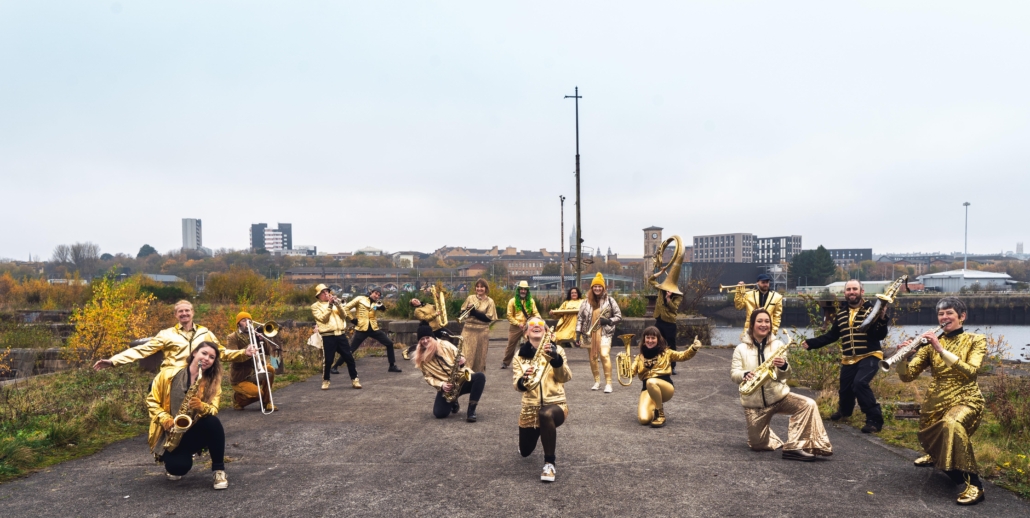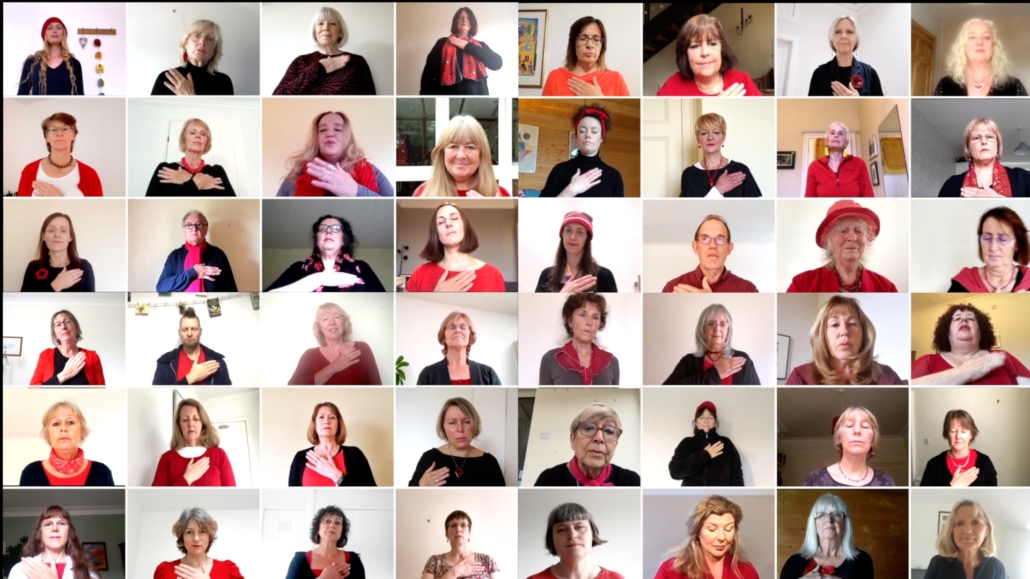This website uses cookies so that we can provide you with the best user experience possible. Cookie information is stored in your browser and performs functions such as recognising you when you return to our website and helping our team to understand which sections of the website you find most interesting and useful.
by Rabia Abrar
COP26, the UN Global Climate Summit, was originally meant to have taken place in Glasgow starting this Monday – but it was delayed until next year, due to the COVID-19 pandemic. While the event has been delayed, the urgency to address the climate crisis remains the same.
‘Unusual suspects’, as some may view them, have taken leadership on pushing the agenda of the urgently needed, transformational climate action, with or without a conference.
Youth Leading the Way
Frustrated by the fact that no innovative way could be found to hold the COP26 summit online, young climate activists have organised their own two-week “Mock COP”, which starts this week (November 19). The conference is designed to mirror the format of the delayed U.N. talks, but with youth from more than 140 nations as the negotiators. The online summit will focus on themes including climate education, carbon targets, climate justice, health and green jobs. A large emphasis is about moving past simply discussing change, to exploring how to implement solutions.
Youth organisers of the Mock COP aim to, in part, change views of what young activists are capable of doing, rather than being perceived as little more than an inspiration for older officials.
“People will have seen that … we can do more than just strike and protest”
Josh Tregale, 18, Britain
But youth want more than to change perceptions; more crucially, they want a seat at the (economic decision-making) table. This thinking is in line with key components of a Wellbeing Economy, which would put humans at the centre of economic purpose: intergenerational justice and participation of ‘the people’ in economic decision making.
“Young people will pay the tax to pay off the (economic stimulus and climate) decisions we make now. It’s effectively our money they’re spending at the moment… (and) young people should have a voice, especially at this time.”
Josh Tregale, 18, Britain
While youth are making their voices heard, so are artists.
Calling all Musicians (to Action)
A group of Scottish artists at all levels, including multi-award winning musician Karine Polwart and Edinburgh’s Soundhouse Choir, has released a song called, ‘Enough is Enough’.
If our planet Earth could talk to us right now, what might she say?
The song covers themes of environmental justice and collective wellbeing and draws on the imagery of Glasgow’s coat of arms (a tree, a bird, a fish and a bell).
Spearheaded by Oi Musica, an independent artist-led music organisation in Edinburgh, the project aims to unite choirs, street bands and community-based music groups across the UK in a collective, creative action ahead of next year’s COP26. The aim is to raise awareness and build public pressure in the lead up to the climate summit in Glasgow in 2021.

“We’re excited about creating a shared focus for bands, choirs & musicians at a difficult time for live music – and finding positive, creative ways of raising our voices in support of climate justice and systems change”.
Olivia Furness, Oi Musica Co-Director
WEAll is a partner in this collaboration, sharing its vision of a future economy that rejects eternal economic growth and instead, focuses on delivering social justice on a healthy planet.
No Need for Delay
A restriction to virtual meetings during COVID-19 hasn’t held the musical collaboration back. To assess the song’s potential for mass participation, ‘Enough is Enough’ was road tested with 120 singers, who filmed and recorded their parts on mobile phones. This process added a whopping 1500 recorded files to the studio recording!

Pandemic restrictions continue to impact the working life of musicians; and the digital skills that are being acquired as a result of this collaboration are strengthening connections between people and communities through tough times.
The song, ‘Enough is Enough’, and the process by which it has been created, exemplifies the role WEAll envisions the Arts to play in a Wellbeing Economy, which includes the Arts helping to tell the story and paint the picture of a more humane economy.
As Dom Jaramillo, a 21-year-old Ecuadorian delegate to Mock COP put it,
“Everyone says we’re the leaders of the future… I find myself leading things in the present.”
We can take the lead of the youth and musicians who are not waiting for a more convenient time to collaborate around tackling the climate crisis.
COP26 may be delayed. Transformational climate action needn’t be.
Find out more about the Mock COP26 conference, running from November 19 – December 1, here. Donate to the Mock COP26 Crowdfunder campaign and join the conversation on Twitter: @MockCOP26, Instagram: @mockcop26 and Facebook: @MockCOP26.
Listen to ‘Enough is Enough’, here, and register your interest to join the musical collaboration around ‘Enough is Enough’, here. You can follow along on Twitter: @Oi_Musica, @IAMKP; Instagram: @oi.musica , @karinepolwart; and Facebook: @oimusica; @soundhousechoir; @karinepolwart.
the discussion?
Let us know what
you would like
to write about!

